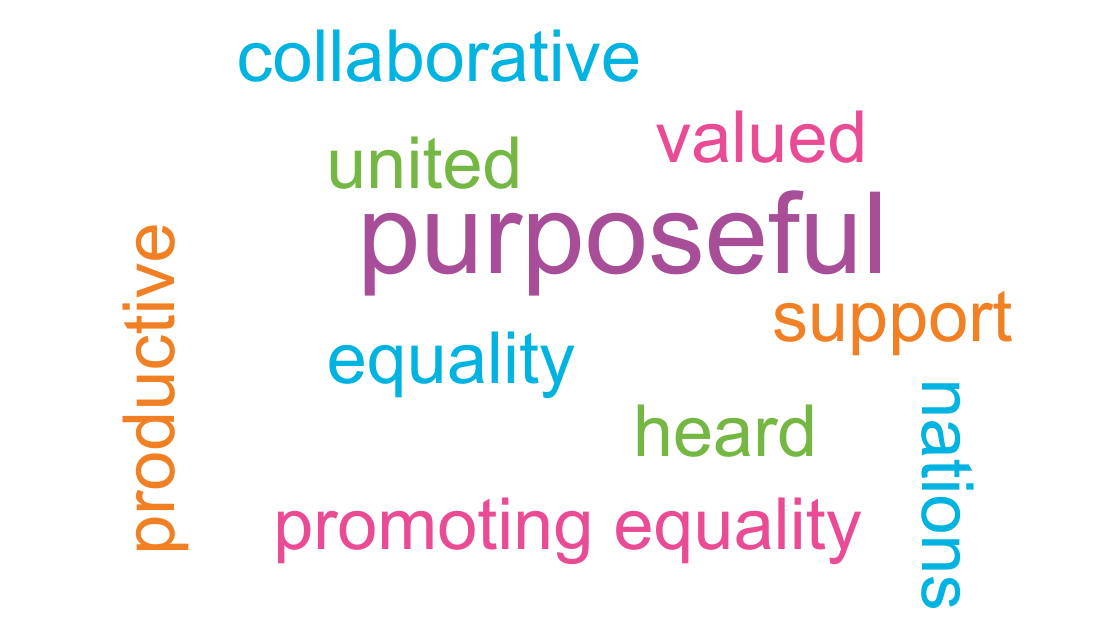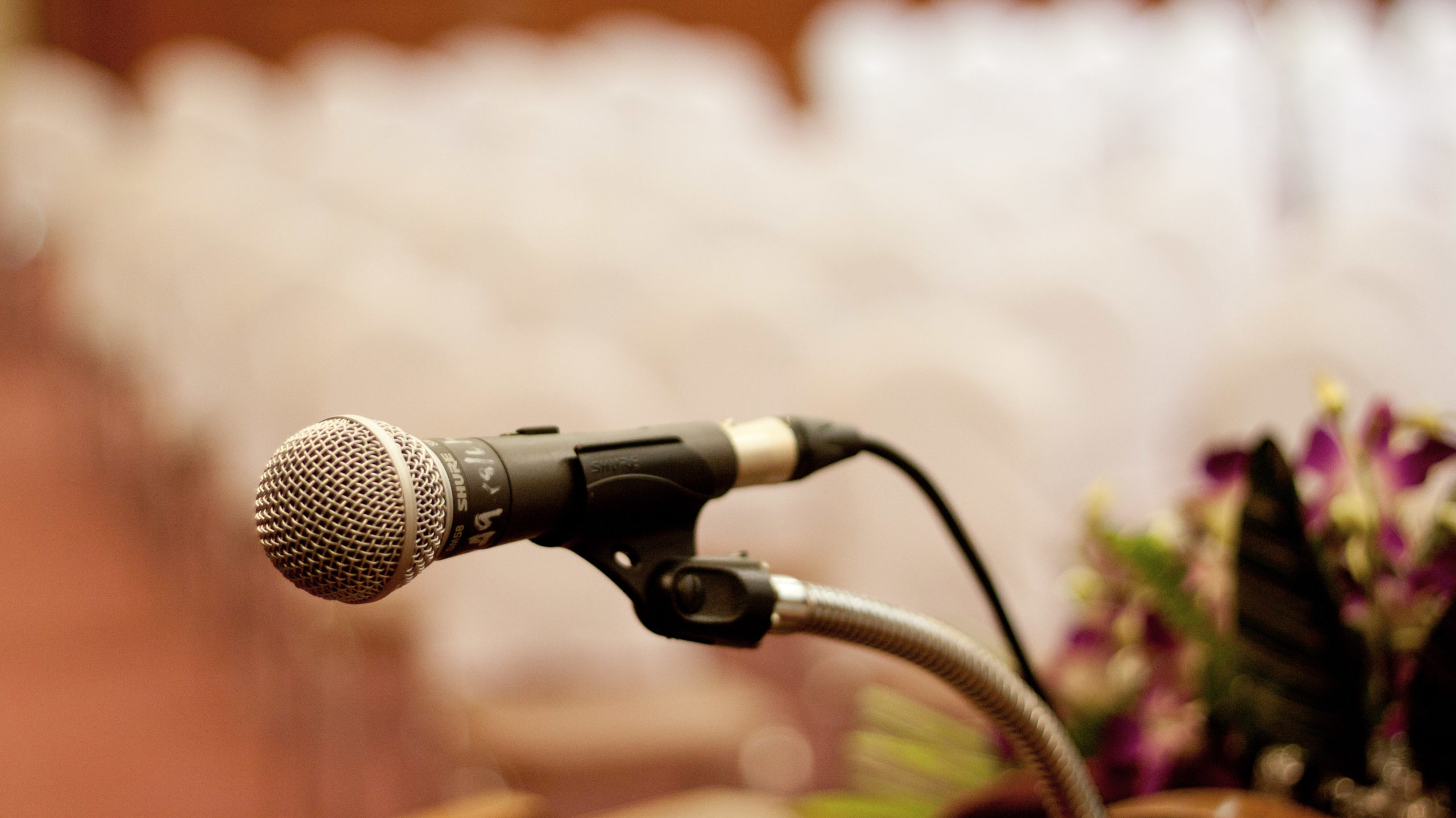We are pleased to bring you a two-part episode of the Care Matters Podcast, produced by the ESRC Centre for Care and CIRCLE, and focussing on the work of IMPACT (IMProving Adult Care Together), the new UK centre for implementing evidence in adult social care. IMPACT is funded by the ESRC and the Health Foundation, with £15m over nearly 7 years.
“We believe that good care isn’t about services, but about having a life – and that evidence can play a key part in achieving this vision.”
However, for this to be meaningful, ‘evidence’ has to include insights from different types of research, from the lived experience of people who draw on care and support and carers, and from the practice knowledge of people working in adult social care. As IMPACT gets up and running, people from across social care have told us that they don’t really need ‘more evidence’ – but that they are crying out for practical support on the ground to make a difference in the realities of front-line services, support to fund the participation of people whose voices are seldom heard, and shared spaces/facilitation to come together to work on shared problems and shared solutions.
We’ll be building all these principles into a series of delivery models and projects which we’ll be piloting from 2022, and then rolling out across the UK from 2023. As we start this work, these two linked podcasts involve conversations between people from different parts of the UK and from different parts of the social care ‘system’, exploring some of the key challenges and opportunities, and reflecting on what these mean for our work together to bring about positive changes on the ground. You can find out more about how to get involved, but please listen to and share these podcasts as a way of continuing the conversation about how we get better care and support for all of us, how we see social care as a form of social and economic investment that we make in ourselves as a society, and how we work together to make a difference.
Our host and guests
Host
Jon Glasby
Jon is a qualified social worker by background and works as a Professor of Health and Social Care at the University of Birmingham. He is the Director of IMPACT.
Part 1
Karen McCormick
Karen is a parent to a young adult with an intellectual disability who draws on social care. In order to give her daughter more choice and control over her life, they have opted for a personal budget. The process of establishing her daughter’s self-direction arrangement to employ her own personal assistants motivated Karen to found inCharge Ltd in 2020. She believes that technology can play an enabling role in the self-directed care process. Karen contributed to the work of the Northern Ireland IMPACT assembly in the design phase through her lived experience contributions to the temporary co-production advisory panel and is now Lived Experience Engagement Lead for IMPACT.
Terry Davies
Terry is an IMPACT Assembly member for Wales and is a person of lived experience, employed by West Wales Action for Mental Health.
Obert Tawodzera
Obert is a Research Fellow at the University of Birmingham and IMPACT’s Project Officer. He completed his PhD at Sheffield University and was part of the Sustainable Care programme led by Professor Sue Yeandle. Prior to doing his PhD, Obert worked as a care worker for adults with learning difficulties. His desire and passion to see change which is underpinned by inclusion and equality is what drives his commitment to research in adult social care.
Part 2
Clenton Farquharson MBE
Clenton is a disabled person with lived experience who draws upon health and social care. Clenton employs his own Personal Assistance, and he looks after his mum’s personal budget which his mum uses for her own personal assistance.
He is Chair of the Think Local Act Personal (click here to learn more) programme board, and a member of the Coalition for Personalised Care. He is also a member of the Social Care Sector COVID-19 Stakeholder Group which will ensure that concerted and determined action continues to be taken to reduce the risk of transmission of COVID-19 in the sector, both for those who rely on care and support and the social care workforce.
Clenton was named in Disability News Services’ list of influential disabled people and listed in the top 50 of HSJ’s most influential Black, Asian and minority ethnic people in health. He was also voted top social care leader in the recent Social Care Top 30 awards hosted by Care Talk magazine.
Karen Hedge
As National Director for Scottish Care (click here to learn more), Karen is working to shape the future of social care but is frustrated by the failure of traditional research to move beyond the ‘proof of concept’ stage. She believes IMPACT offers an exciting opportunity to reconsider our approach to evidence implementation by recognising the value and capability of the social care sector. Creating the conditions for real collaboration, critically including those who work in and access care and support, will allow us to move not only to research implementation but embedding. She brings over 20 years of sector experience from frontline to Board level and a passion for evidencing impact in outcomes for people.
The Care Matters Podcast
Care Matters Podcast Producer: Dan Williamson
Dan is the Digital and Communications Coordinator at the ESRC-funded Centre for Care and produces the Care Matters podcast, as well as creating animations, videos, various other digital outputs and maintaining the Centre for Care website and social media platforms. Before joining the Centre for International Research on Care, Labour and Equalities (CIRCLE) at the University of Sheffield, Dan worked for many years at a telecare company, training healthcare professionals and patients with long-term conditions how to operate state-of-the-art remote monitoring devices.
The Care Matters Podcast Series: care is a complex and important issue that affects everyone at some point in their life. The CARE MATTERS podcast welcomes experts in the field and those giving or receiving care to discuss crucial issues in social care, as we collectively attempt to make a positive difference to how care is experienced and provided.


